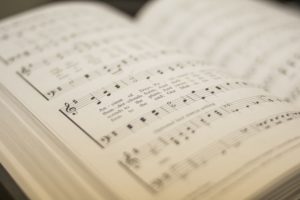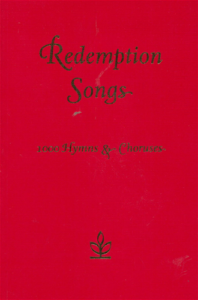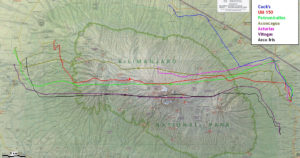
“Stung! . . Bee stings! . . Stings! . .Stung by bees!”
The words tripped over each other, spilling from Margaret as she broke through the clinic’s entryway and called to a nurse – steadying her woozy husband as best she could. Desperation turned to near-panic when she took in the sympathetic nurse’s response – her East Africa English clear, crisp.
“I am sorry, ma’am. The doctor has gone out. He should be back soon. . .”
A moment’s pause, Margaret wheeled about. “Ray, we can’t wait. We have to get help now.”
Outside they moved only a few steps when the resident doctor rounded the clinic’s corner, meeting face-to-face with the disheveled couple. A rush of relief swept over Margaret. Taking in a short breath she gave voice to their crisis. The doctor’s action was swift, decisive. He whisked Ray back inside.
“Come, quickly, into this room.” Dr. Mwangi’s orders came clipped, strong, no less commanding than if barked by a military officer.
“We’ll get you up on this table, Mr. Ray.” A glance toward Margaret, “Let’s help him onto his back please.” Margaret aided the good physician, noting gratefully the urgency and professionalism of the man. Soon a syringe was in his palm. He held it up, eyes and hand in synchronized union. “Mr. Ray this antivenom should help once it’s in.” But Ray had gone quiet.
Margaret caught a troubled look clouding the doctor’s face on seeing his patient go unconscious.
Agonizing moments lingered, snailing by, second-on-second as Margaret gazed tensely at her husband’s still form. The syringe found its mark. Antibodies flowed. Suddenly Ray’s chest lifted. He’s taking in air.
The big man’s eyes fluttered.
***
Christian writers of long ago referred to a curious but inviting place – elusive but in their understandings a very real place – a zone, so to speak.
Where the immediate presence of the spirit world, seldom detected by mortals, could seem for some moments anyway, very close by. So nearby that hardly a distinction is made – a crossing over back and forth, an intermingling of the physical world we’re used to and the mystical or invisible world – beyond and yet at hand. The old writers spoke of it as the thin place.
“Jerry, you’ve heard of something they call an ‘out of body experience’, right?” Ray posed the question next time we met.
“Yeah,” I lifted an eyebrow.
“That was me, bro.”
He had my attention.
“Yeah, really. It happened. . . Lying there on my back before the doc’s syringe went in I sensed myself rising. Yes, I was rising. But my body was not. My body just lay there, still. I know because I saw it. Soon I was up somewhere near the room’s ceiling, man. . . looking down on the scene.
“The thing only lasted seconds, though. When the needle went in my body and the the dawa took hold I was instantly back,” Ray exclaimed, clapping his hands in a brisk pop.
“Before that though, for a few seconds I guess, I was watching all from there.” His head cocked upward.
“. . Watching the doc. . . seeing Marge. . . seeing me – my body – yeah, me. Just lying there.”
By the time my friend left the clinic for his return home, some 130 stingers had been extracted from his body.
The mission family was more than grateful. Prayers were heard.
Ray came back.
©2018 Jerry Lout




 ***
***

